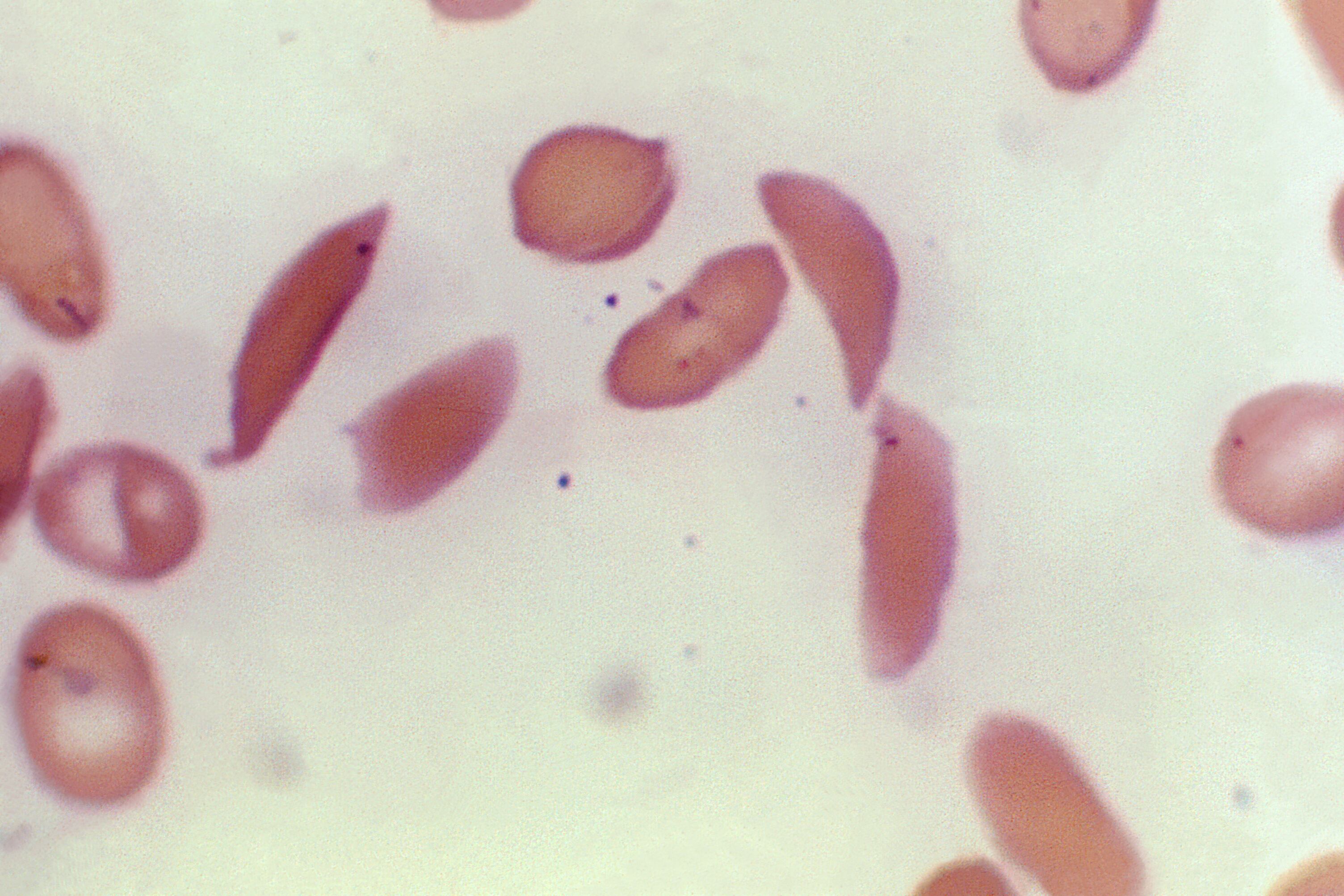*By: Madison Alworth* Thrive+ promises to cure your hangover before it even starts, replenishing lost vitamins and providing enzymes to your liver. And if it seems like an idea dreamed up by a college student, that's because it was founded by one. "It's technically classified as a dietary supplement," said Brooks Powell, CEO and Founder of Thrive+. And, maybe surprisingly, he said the pill actually works like alcohol, the exact drug it is trying to counteract. "It binds to the same brain receptor that alcohol binds to, which is called the GABBA A receptor, and by doing so it reduces short-term alcohol withdrawal ー which believe it or not, is the main reason you don't feel good the next day." Powell started developing the product his sophomore year at Princeton. He pitched his pills on ABC's "Shark Tank," but the investors shot him down. Mark Cuban's concerns centered around Powell's lengthy pitch and the science behind the product. Powell explains, though, that the effectiveness of his multivitamin comes down to Dihydromyricetin, DHM, which mitigates alcohol withdrawal. "We were the first company to start commercializing it for the use of a healthier and happier way to drink," said Powell. Thrive+ officially launched 1 year ago, with 10-dose bottles retailing for [$29.99 apiece](https://decidethrive.com/). To date, the company has pulled in $4 million in revenue, with $3.3 million of that coming in 2018 so far. For the full interview, [click here](https://cheddar.com/videos/thrive-the-ultimate-hangover-cure).












